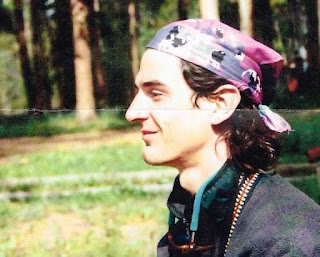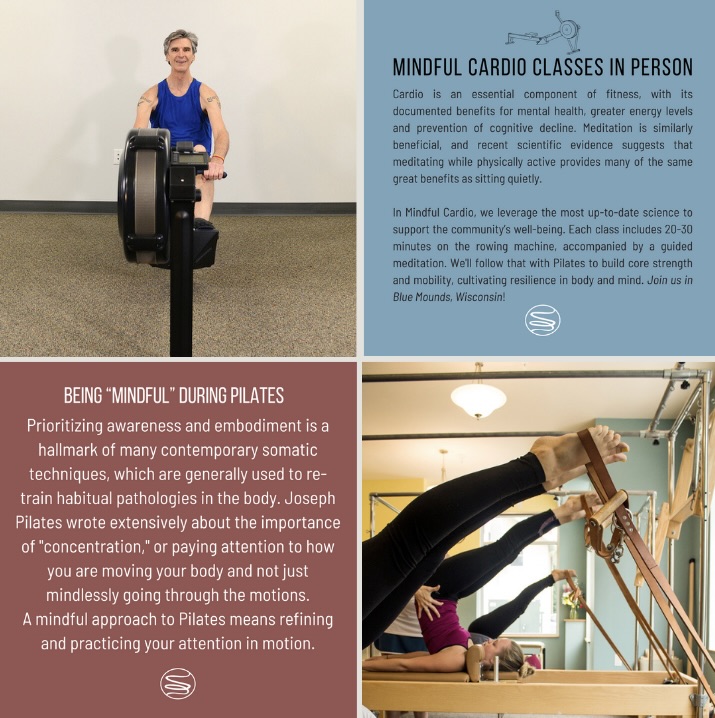Updating Understanding
 |
| Thinking about the back-brain (circa 1990) |
Imagery has become one of my favorite elements of yoga
practice and teaching. While I used to consider creating mental images to be
the province of make-believe, I now
appreciate the potential for imagery to harness and direct the power of the
mind.
One of the earliest images that I found engaging was that of
front-brain and back-brain. At a retreat I attended many years ago, the
renowned teacher taught us that the front of the brain was the seat of fretting
and worrying, and that the back of the brain was the home of primal skills such
as sensing, feeling and intuiting. Throughout this retreat, the teacher asked
us to relax our front brain and to rely more deeply on the ancient wisdom of
our back-brain.
I found this imagery to be almost immediately soothing, and
spent the next few years focusing on reconnecting with my primal back-brain. It
wasn’t until many years later that I learned that there is more to the brain
than front and back!
While relaxing into the back of the body remains an
essential part of my practice and teaching, I’ve largely let go of imagery
about the front and back of the brain. Yes, every so often I’ll revisit this
imagery in classes that I teach but I strive to qualify these images with an
acknowledgement of their metaphoric quality. The brain and its structures are
wondrously complicated, and it’s an oversimplification to suggest that any
single part of the brain is responsible for even the simplest thought or
experience.
Modern neuroscience is revealing that the brain’s structures
work in a wonderfully complex and orchestrated way. As it turns out, the back
of the brain is often involved with thinking complex thoughts, and the front of
the brain is activated in the processing of emotion.
In Yoga, as in life, it seems like each time we look for
binary this or that answers to
complex questions, we find that the answer is often it depends or it’s both!
As it turns out, the front of the brain and the back of the
brain are part of a coordinated whole, both involved with the complexities of
sensing/intuiting and thinking/feeling.



Comments